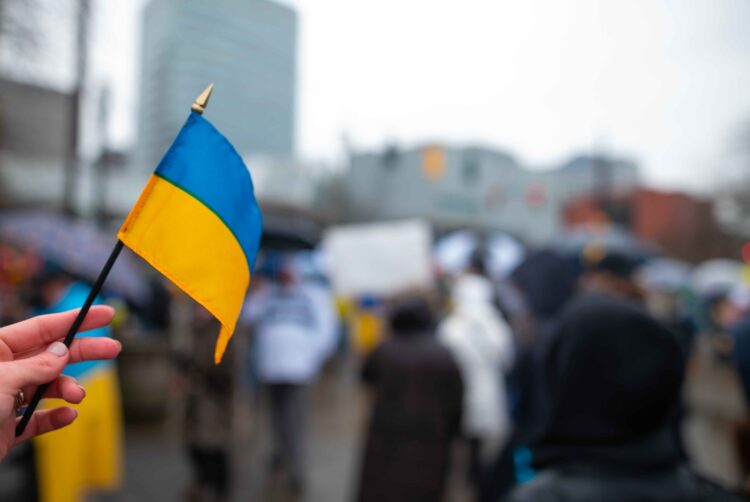Ukraine eight months on: why brand safety is more important than ever

Opinion
As the war in Ukraine rages on, the industry needs to work together to tackle misinformation and maintain ethical advertising practices.
Eight months on from Russia’s initial invasion of Ukraine and conversations about the need for factual reporting are louder than ever. The risk of being associated with such horrific aggression, and the misinformation surrounding it, has amplified the importance of effective suitability controls.
A recent study among agency leaders found that smaller regional clients previously reluctant to pay for fraud mitigation have now changed their minds. Brand safety discussions have surged, with some brands pulling ads from news coverage altogether to avoid negative associations, meaning even reliable publishers are losing valuable revenue.
It’s clear it’s no longer enough for industry players to adhere to their own moderation methods; instead working with independent bodies, such as TAG and GARM, will verify their brand safety credentials and ensure placements remain responsible and ethical.
Brand safety in the spotlight
The pandemic further demonstrated how tough times can present brand safety risks, with various conspiracy theories surrounding the origins of Covid-19 placing pressure on brands to fund reliable news sources. Earlier this year, HelloFresh found itself having to pull ads from YouTube after unwittingly appearing next to anti-vaccine videos, showing the perils of not having clarity over ad placements.
Russia’s invasion of Ukraine is another stark reminder that crises and misinformation go hand in hand — and that even appearing next to factual coverage can be a sensitive issue. CNN removed the ad unit that ran alongside its Ukraine war report as it was deemed inconsiderate, featuring a dancing cowboy and carefree couples on vacation at a Sandals Resort.
To mitigate associated risks, brands must be able to monitor their ad placements effectively to ensure they’re supporting quality journalism, not fake news and clickbait stories, and are suitable for their environment. As coverage of war and human suffering populates so many sites, this is a key consideration for advertisers heading into 2023.
Independent verification is the way forward
To truly bolster their suitability strategies, it’s essential that brands seek independent verification from industry bodies to get an unbiased appraisal and connect with trustworthy partners.
The Trustworthy Accountability Group (TAG) is a leader in this area, with global initiatives to increase transparency in digital advertising, including fraud prevention, and over 700 members, such as TikTok, worldwide. TAG helps industry players work with trusted partners to ensure they’re funding quality news and provides a clear framework for brand safety best practice.
In addition, organizations such as The Fix Foundation, a Ukraine-specific scheme supporting free press and media in Eastern Europe, are working tirelessly to help protect and fund legitimate news sources. Brands can sign up to these initiatives and get access to reliable publishers, giving them clarity over their ad placements, and increasing transparency within the digital ecosystem.
Greater collaboration and direct partnerships are key
These industry frameworks are a great starting point for industry players to improve brand safety, but greater collaboration should be a given going forwards. We have seen the misalignments that happen in programmatic advertising; the various middlemen involved throughout the process often muddy the waters, meaning brands’ ads mistakenly appear next to harmful content.
Supply path optimization (SPO) can help by streamlining the programmatic process, enabling more direct relationships between brands and publishers. This allows for greater clarity over placements and also means brands can be more selective about the publishers they partner with. Along with independent verification from industry bodies, optimized processes should become more commonplace to strengthen brand safety practices.
In times of crisis, robust brand safety measures are more important than ever. As the war in Ukraine rages on, the industry needs to work together to tackle misinformation and maintain ethical advertising practices. Initiatives such as TAG and the Fix Foundation provide universal guidelines for brands to take meaningful action against fraud and irresponsible placements, while greater collaboration will ensure these rigorous standards are upheld across the board.
 Sergii Denysenko is the Ukraine-based CEO of native performance advertising platform MGID.
Sergii Denysenko is the Ukraine-based CEO of native performance advertising platform MGID.



